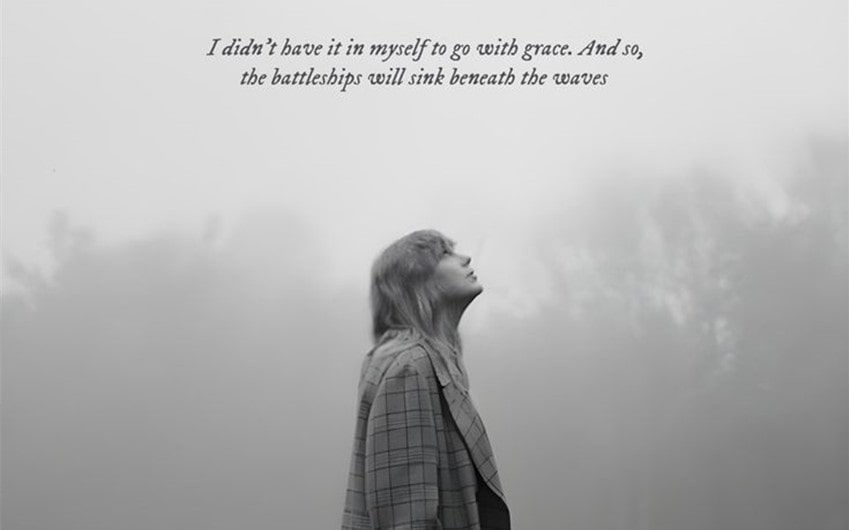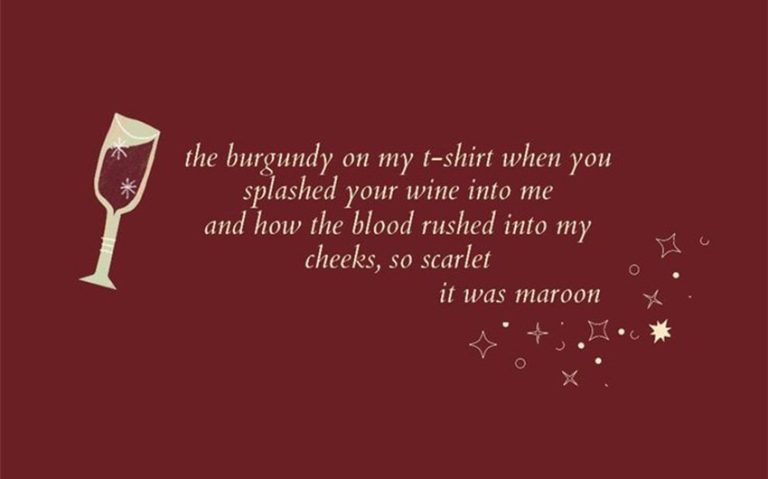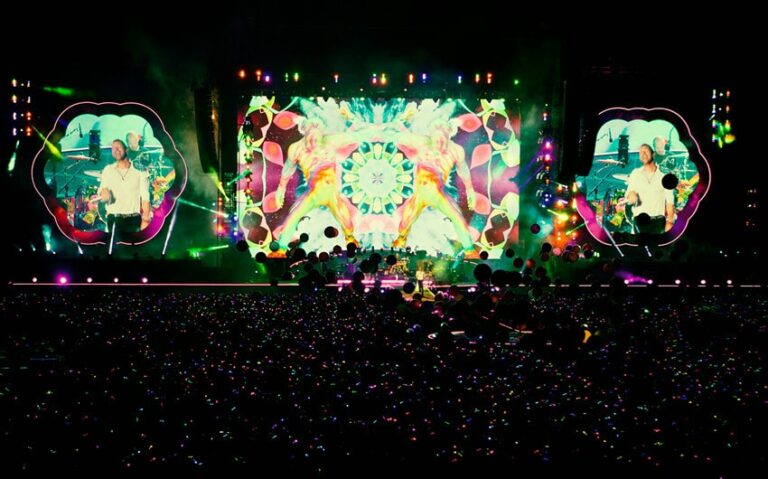My Tears Ricochet Meaning: A Deep Dive Into Taylor’s Lyrics
Sometimes, pain lingers long after a goodbye, and Taylor Swift’s My Tears Ricochet captures this feeling perfectly. With its haunting lyrics and ethereal sound, the song paints a vivid picture of grief, betrayal, and unresolved emotions. It’s like a reflection of moments when heartbreak feels like a ghost that won’t let go—powerful, personal, and familiar to anyone who has experienced loss.
Understanding my tears ricochet meaning takes us deeper into these emotions, offering a chance to connect with the beauty and sorrow in Taylor’s storytelling.
The Emotional Core of My Tears Ricochet
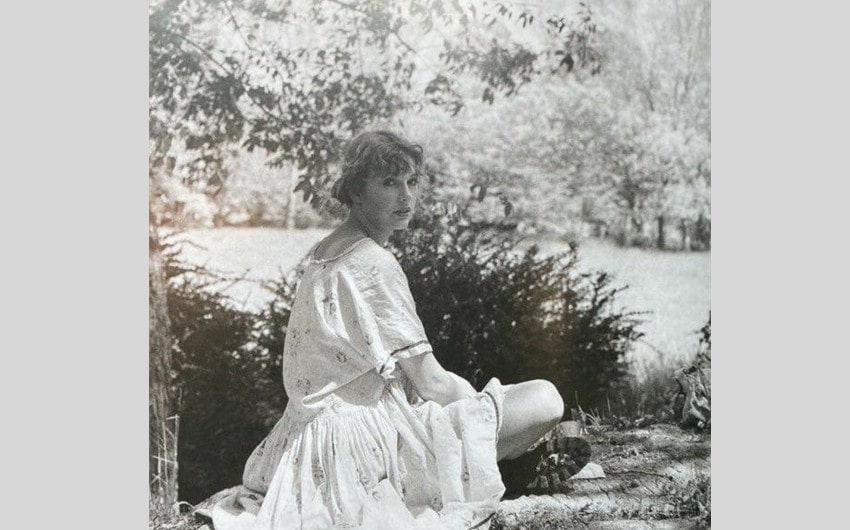
Image source: Pinterest
My Tears Ricochet is the fifth track on Taylor Swift’s critically acclaimed 2020 album Folklore. Known for its haunting melodies and ethereal production, the song was the first one Swift wrote for the album and stands out as a powerful exploration of grief, betrayal, and heartbreak.
Produced by Jack Antonoff and Taylor Swift herself, it features sorrowful, layered vocals and shimmering instrumentals that amplify its emotional weight.
At its core, My Tears Ricochet reflects the pain of being hurt by someone you once trusted deeply. It uses metaphors of death, mourning, and a wake to symbolize the end of a meaningful relationship—whether romantic, personal, or professional. The phrase “tears ricochet” is a vivid image of how pain can bounce back to the one who caused it, almost like a haunting consequence of betrayal.
Listeners often relate this track to moments of personal heartbreak, where unresolved emotions linger long after ties are broken. It’s a song about mourning something—or someone—while still feeling the echoes of love and anger intertwining.
To fully immerse yourself in the emotional essence of the song, watch the official lyric video below:
Swift’s ability to turn these raw emotions into poetic, relatable lyrics makes My Tears Ricochet resonate deeply with her audience, drawing them into a space where loss feels both personal and universal.
Lyrical Breakdown: Decoding Key Lines
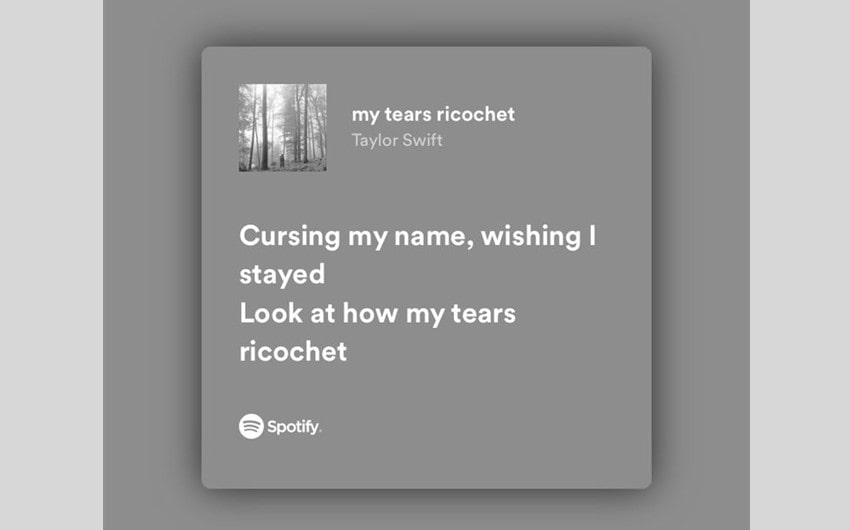
Image source: Pinterest
My Tears Ricochet is filled with poetic and symbolic lyrics that carry deep emotional weight. Each line feels carefully crafted to reflect betrayal, grief, and the haunting aftermath of a broken relationship. Let’s break down some of the most significant lines and explore their possible meanings:
“If I’m dead to you, why are you at the wake?”
This powerful line sets the tone for the song. It addresses the painful irony of someone mourning a loss they caused. Taylor uses the imagery of a wake—a gathering to mourn the dead—as a metaphor for the end of a relationship.
The person who “killed” the relationship appears at its metaphorical funeral, symbolizing hypocrisy or lingering guilt. This line resonates with anyone who has ever felt abandoned or betrayed, yet still haunted by the presence of the one who hurt them.
“Cursing my name, wishing I stayed.”
This line brings attention to the other party’s conflicting emotions—resentment and regret. The narrator envisions them as torn between anger (“cursing my name”) and longing for what was lost (“wishing I stayed”).
It suggests that the person who caused the pain is not free from their own turmoil and guilt, further emphasizing how hurt can linger on both sides. The lyric highlights the complex, messy aftermath of a broken relationship where love and hurt intertwine.
“You turned into your worst fears.”
This line reflects the idea that the person who caused the betrayal has, in some way, become what they once feared or despised. It could imply hypocrisy or moral downfall—someone who once stood for something positive but eventually became the source of pain and destruction.
This line adds a tone of bitterness and disappointment, as the narrator reflects not just on their own grief but on the other person’s decline into something unrecognizable.
“And I can go anywhere I want, just not home.”
Here, “home” symbolizes comfort, trust, and a sense of belonging, all of which are now lost. While the narrator may have freedom to move forward, the emotional weight of what has happened keeps them from returning to that safe space—whether literal or figurative. This line reflects how heartbreak can strip away our foundation, leaving us to wander without a sense of closure.
“You wear the same jewels that I gave you.”
This line is a subtle but biting remark. “Jewels” here could represent gifts, shared memories, or even the traits and love the narrator gave to the other person. The fact that they still “wear” those jewels—symbols of what they received—suggests that they continue to carry pieces of the narrator with them, even after the relationship ends. It speaks to the feeling of being used or taken for granted.
“I didn’t have it in myself to go with grace.”
This line reveals a moment of vulnerability. While the narrator acknowledges that they struggled to leave the situation with dignity, it’s a human response to betrayal and heartbreak. Instead of walking away quietly, they grieve loudly, allowing their pain to be seen and felt. It’s a raw admission of how difficult it can be to “let go” gracefully when emotions are overwhelming.
“And I still talk to you (when I’m screaming at the sky).”
This lyric is haunting and deeply relatable. It captures the feeling of unresolved emotions, where we find ourselves “talking” to someone who is no longer present—whether through memories, dreams, or even moments of anger. The imagery of screaming at the sky highlights both the narrator’s frustration and their desire to be heard, even if no one is listening.
Themes of Grief and Metaphorical Death
In My Tears Ricochet, Taylor Swift uses grief and death as powerful metaphors to explore the pain of heartbreak and betrayal. The song’s haunting imagery reflects the weight of loss, lingering emotions, and the finality of a broken relationship.
Grief as a Metaphor for Heartbreak
In My Tears Ricochet, Taylor Swift uses grief as a powerful metaphor for the emotional devastation of losing someone who was once deeply significant. The song mirrors the stages of mourning—denial, anger, sadness, and acceptance—but applies them to the end of a relationship rather than physical death.
This comparison emphasizes the weight of emotional loss and how deeply it can affect someone. The pain feels as permanent and profound as mourning someone who has passed away.
The Symbolism of Death and Finality
Death in the song represents the finality of trust, love, and connection when a relationship ends painfully. The funeral-like imagery—wakes, mourning, and lingering spirits—creates an atmosphere of closure that feels forced and incomplete.
The narrator is grieving not just the relationship but also the part of themselves that was tied to it. This metaphorical death highlights how betrayal can leave emotional scars, burying the joy and trust that once existed.
Haunting and Lingering Pain
The concept of “ricocheting tears” speaks to the cyclical nature of pain. Just as tears fall and bounce back, unresolved hurt has a way of haunting both the person who was wronged and the one who caused it.
The lingering emotions—love, anger, regret—refuse to disappear, turning into ghost-like echoes of the past. This haunting effect shows how grief is not always quiet or contained; it can return, disrupt, and emotionally weigh down both sides.
Losing a Sense of Self
In addition to mourning the relationship, My Tears Ricochet explores how heartbreak can lead to the loss of identity. When relationships end, especially in betrayal, the person left behind often feels as though a part of themselves has been stripped away. The narrator confronts the emotional void left by the ending, grappling with how to move forward when the version of themselves tied to that connection feels buried.
Featured image: Pinterest.com

